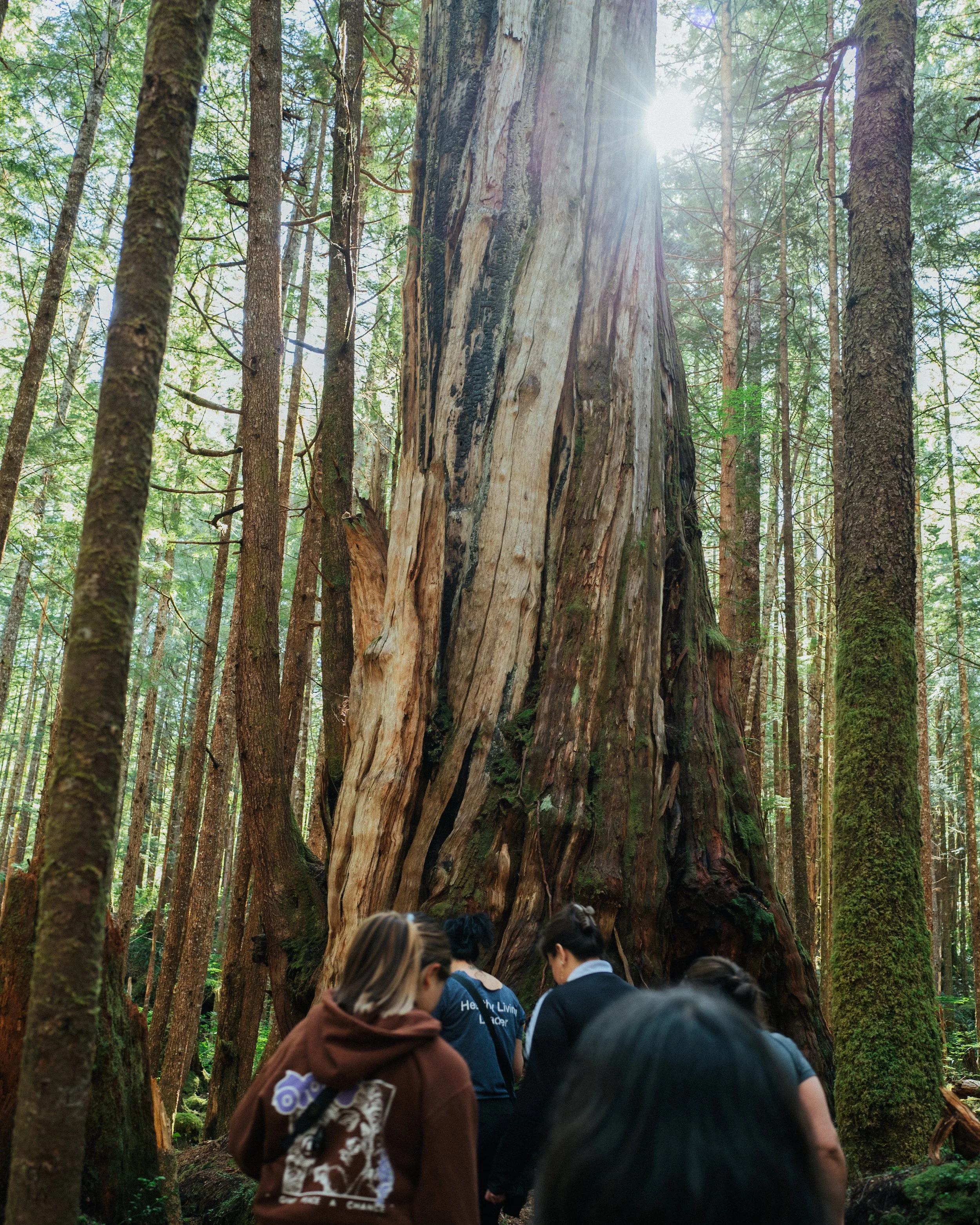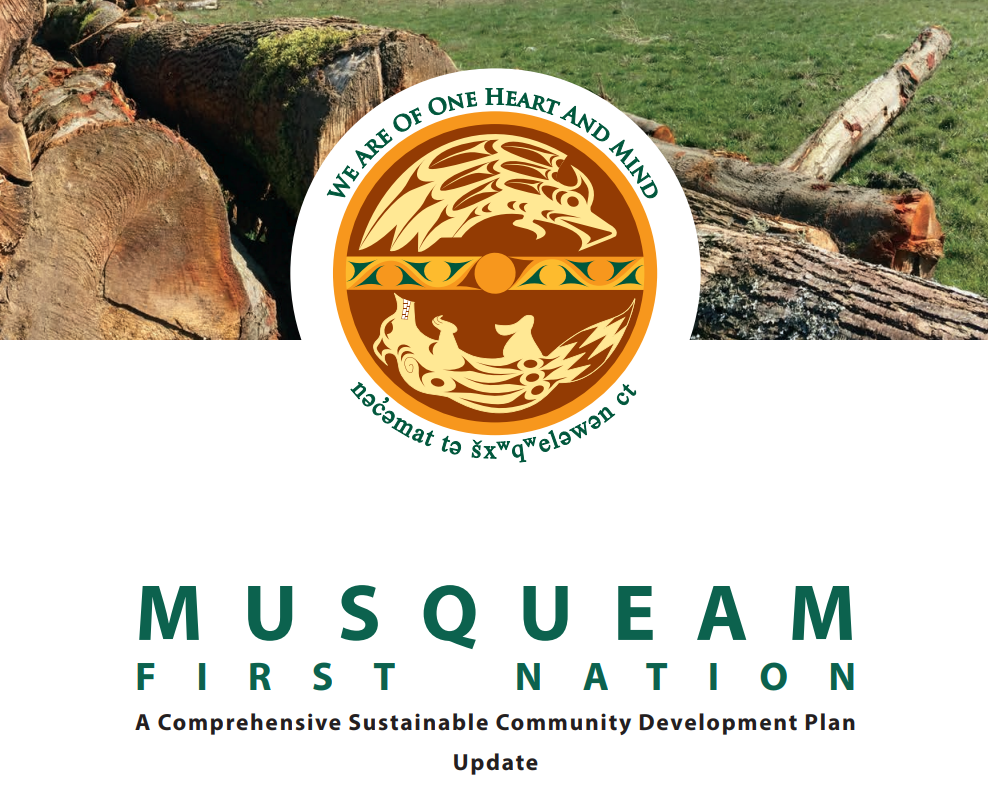Courses Taught at UBC
Indigenous Community Planning - School of Community and Regional Planning, University of British Columbia
Nicholas Galanin, Never Forget
PLAN 321: Indigeneity and the city
What does ‘Indigeneity’ mean and to whom? Whose history and identity are reflected in the urban structures and systems? What is the history of the land and original peoples prior to colonization and throughout the development of cities? In what ways have Indigenous peoples always maintained their presence in urban areas? How might planning harmonize with Indigenous cultural resurgence and Indigenous planning practices? Plan 321 is a place-based and relational exploration of the multiple, complex and contested ways Indigeneity in urban areas is constituted in so-called Canada. As such, our focus will begin with the city of Vancouver and the University of British Columbia - located on the unceded territory of the host Nations, the xʷməθkwəy̓əm (Musqueam), Skwxwú7mesh (Squamish), Stó:lō and Səl̓ílwətaʔ/Selilwitulh (Tsleil-Waututh) Nations and expand outward to urban areas across Canada as well as some examples across North America. As you will learn, Indigeneity is complex from local to global contexts; our focus in PLAN 321 will highlight First Nations experiences, with Métis and Inuit priorities and topics being introduced throughout the course.
PLAN 448D: Indigenous health planninG & Community Development
This course explores Indigenous health and wellness planning through community-driven development processes. Students examine local, national, and international case studies, with emphasis on BC First Nations, focusing on Indigenous determinants of health (self-determination, land, language, culture, ancestral wellness). We emphasize values, cultural dimensions, and trauma-informed, strengths-based tools used in Health & Wellness Plans and related community planning. Through seminar dialogue and project-based learning, students build practical skills to support planning processes guided by Indigenous values and traditions.
PLAN 543: Indigenous Community Planning Practicum (12 Credits)
The Practicum is a foundational requirement for the Indigenous Community Planning (ICP) concentration and occurs in the second year of the program. The Studio portion of the Practicum provides students an opportunity to experience service directly with an Indigenous community or agency.
The Capstone portion of the Practicum serves as a culmination of the ICP Program concentration option and represents a major analysis and reflection on planning work in practice. It allows students to articulate and demonstrate their competency developed in Indigenous community planning, through synthesis and the application of knowledge, skills, and capabilities they have gained in the ICP Program and throughout the Studio Course. Students are expected to use the Studio and Capstone experience and output (overall Practicum) to demonstrate their professional competency in Indigenous planning.


